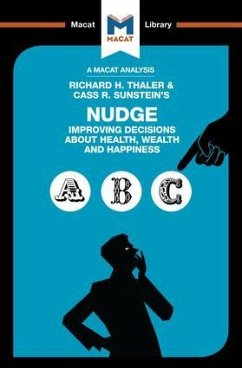
An Analysis of Alan D. Baddeley and Graham Hitch's Working Memory
Versandkostenfrei!
Versandfertig in 1-2 Wochen
12,99 €
inkl. MwSt.

PAYBACK Punkte
6 °P sammeln!
In the 1960s, researchers began to understand memory as operating under two systems: a short-term one handling information for mere seconds, and a long-term one for managing information indefinitely. Short-term memory, they found, wasn't simply a 'filing cabinet,' but appeared to work on cognitive tasks.














